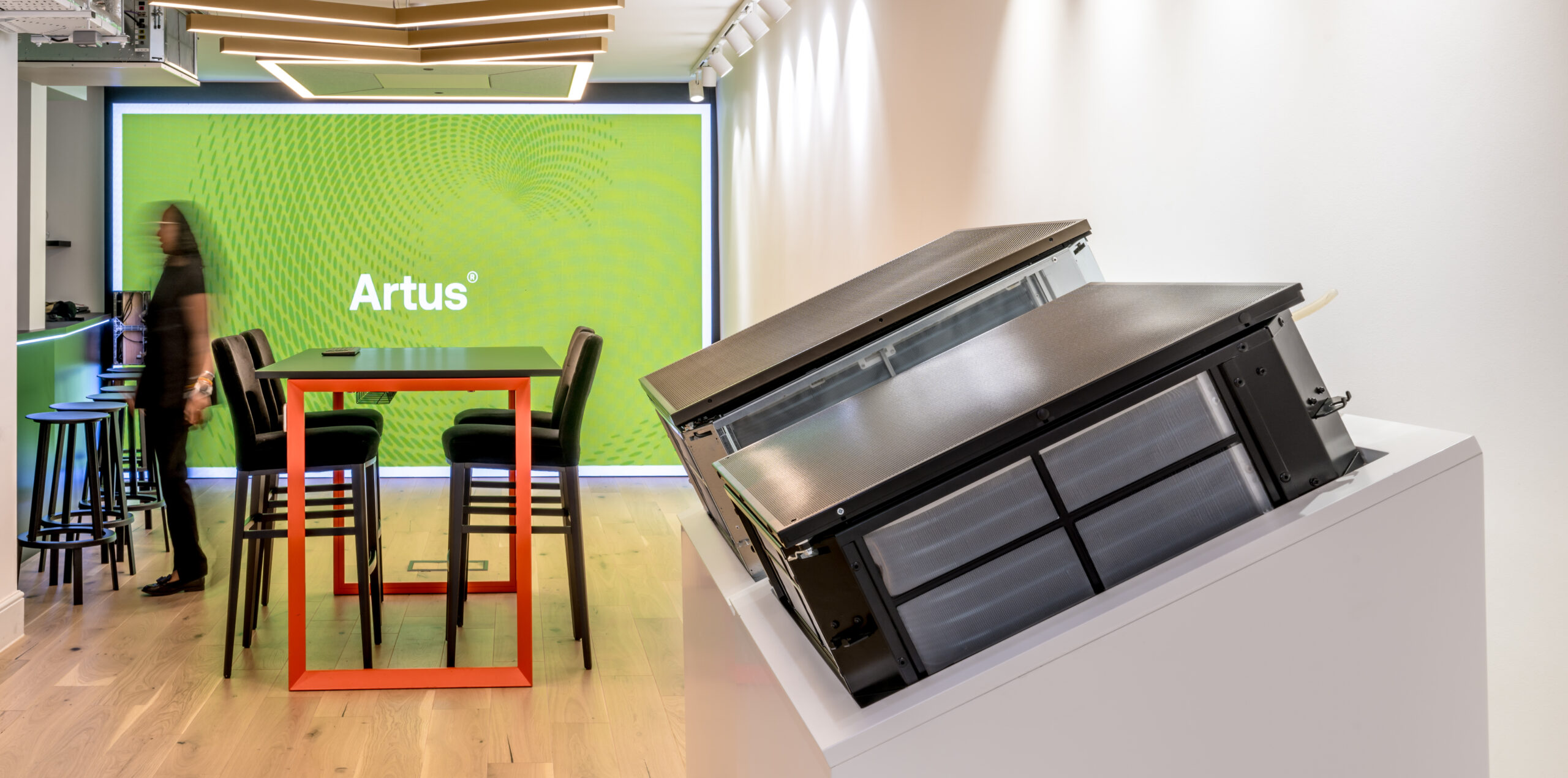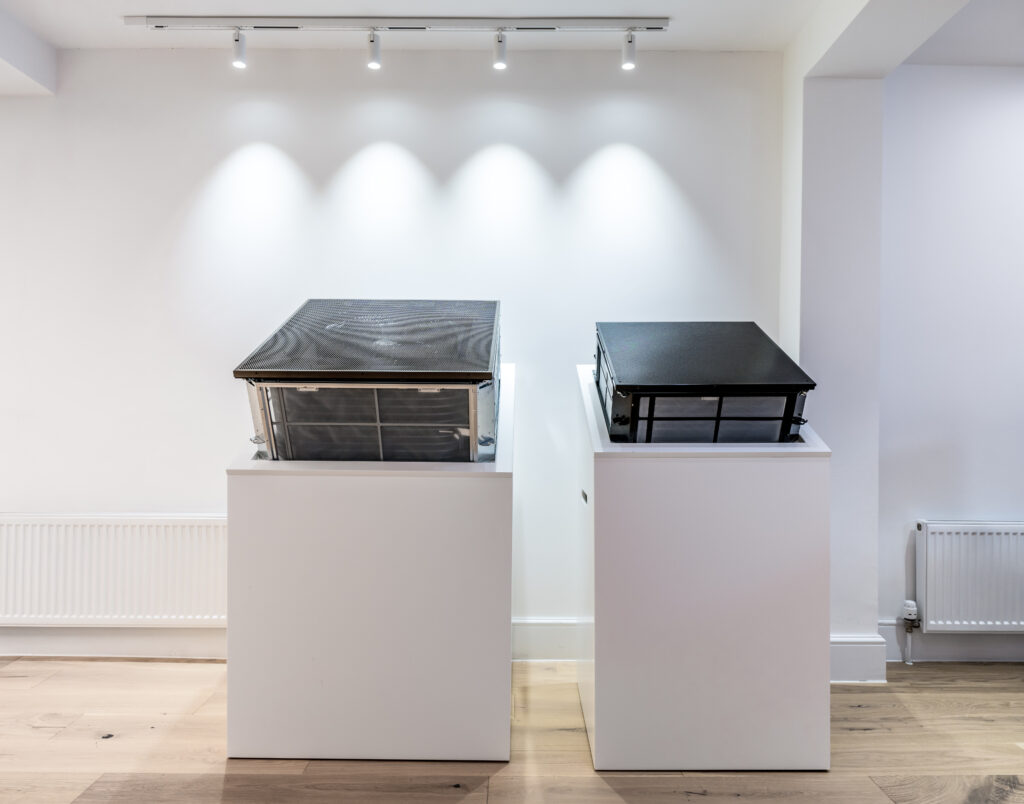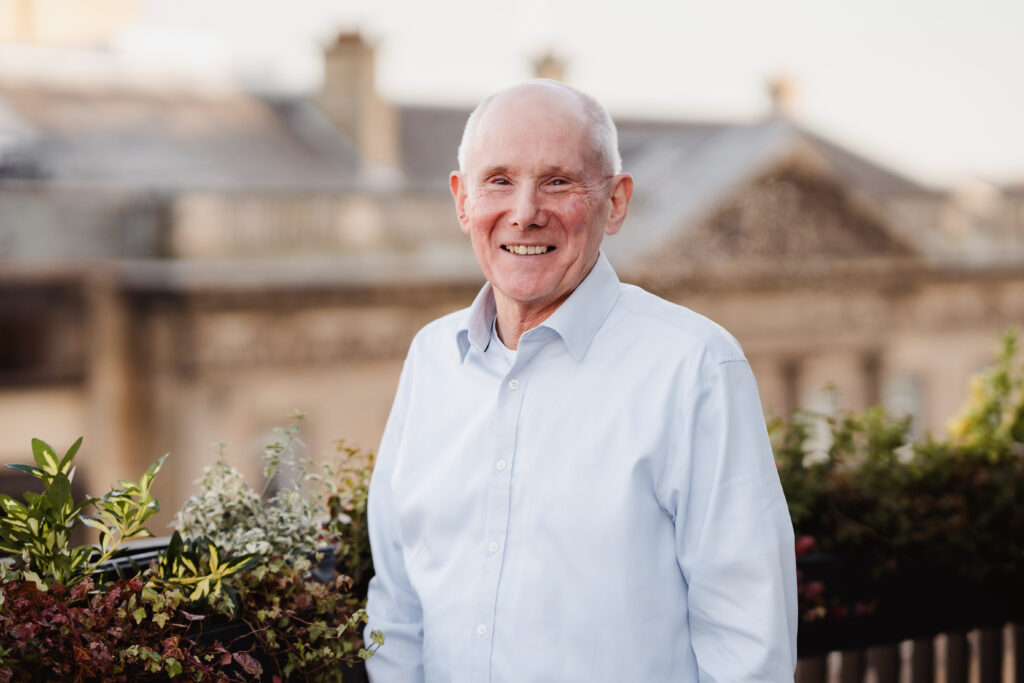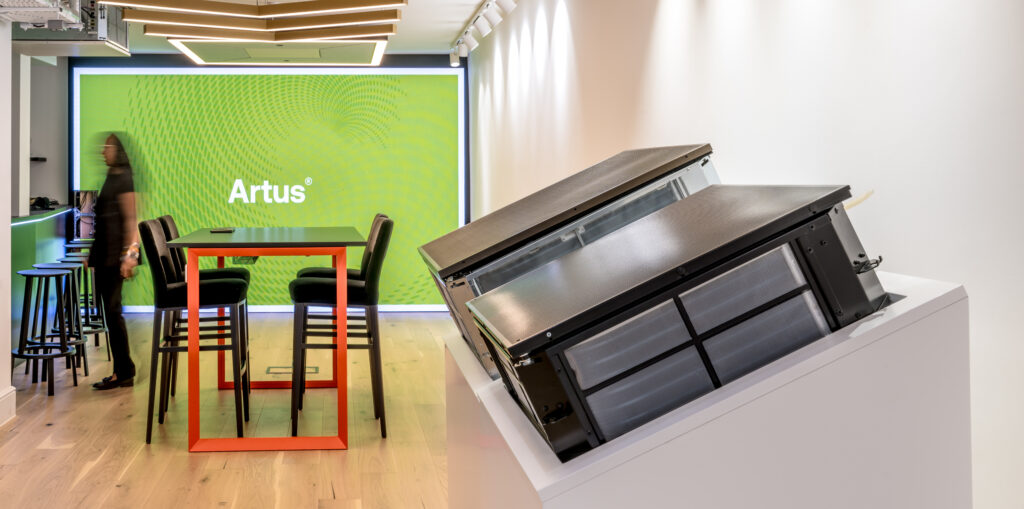
A white paper challenging the building sector to consider what is really impeding the move to greater carbon control will be launched in London today by Artus. The heating and cooling experts have produced “From carbon conundrum to carbon control – how will the building sector get to net zero?” to amplify the debate on whole-life carbon, design and the industry’s ability to move forward together to find solutions.
The paper was developed through contributions from leading sustainability experts across the UK, with a recognition that many issues facing the sector have never been more urgent. The Artus model has been founded on sustainability principles with an ambition to bring positive, realistic, disruption to the heating and cooling market as part of the overall design and operational mix in the built environment.

The paper will be launched at a live interactive panel event on Thursday, 21st March 2024, from 5.30pm – 7.30pm at 80 Charlotte Street, London WIT 4QS.
Demands on the building sector have never been higher: legislation, regulation and environmental responsibility with increased urgency over net zero are creating unprecedented pressure. At the other end of the value chain investors and occupiers are demanding demonstrable results on whole-life carbon emissions, better environments in which to work and proven ESG credentials. This is all against a backdrop of constrained costs, need for improved solutions, and more comprehensive and clearer carbon measurement.

Roger Olsen, Chief Technical Officer and Inventor of Artus comments:
“Last year was the hottest since records began, only just below the target 1.5 degree rise. The time to act is now. A building services design typically lasts 20 to 25 years. We only have 26 years left till 2050.
Everything we do right now, both new build and refurbishment, must target net zero. LETI and many others have set the strategy. Artus is undoubtedly part of the solution.”

The panel at the event comprises leading voices from the built environment sector:
- Danny Hall, Head of Engineering at The Crown Estate
- Chris Twinn, Principal of Twin Sustainability Innovation
- Mike Edwards, Director, Arup
- Marie-Louise Schembri, Head of Sustainability and Design Director, Hilson Moran
- Alia Hashem, Senior FM & Projects & Mobilisation Lead, Derwent London

*1 https://www.rics.org/news-insights/research-and-insights/decarbonising-uk-real-estate-report
*2 In 2019, carbon emissions generated in the operation of buildings via the use of electricity and the burning of fossil fuels for heating and cooking (“operational” carbon emissions) accounted for 23% of total UK emissions. An additional 7% of carbon emissions were “embodied” into buildings during the manufacturing and construction stages as a result of the energy used in those processes. Of this 23% is for non-residential buildings.
